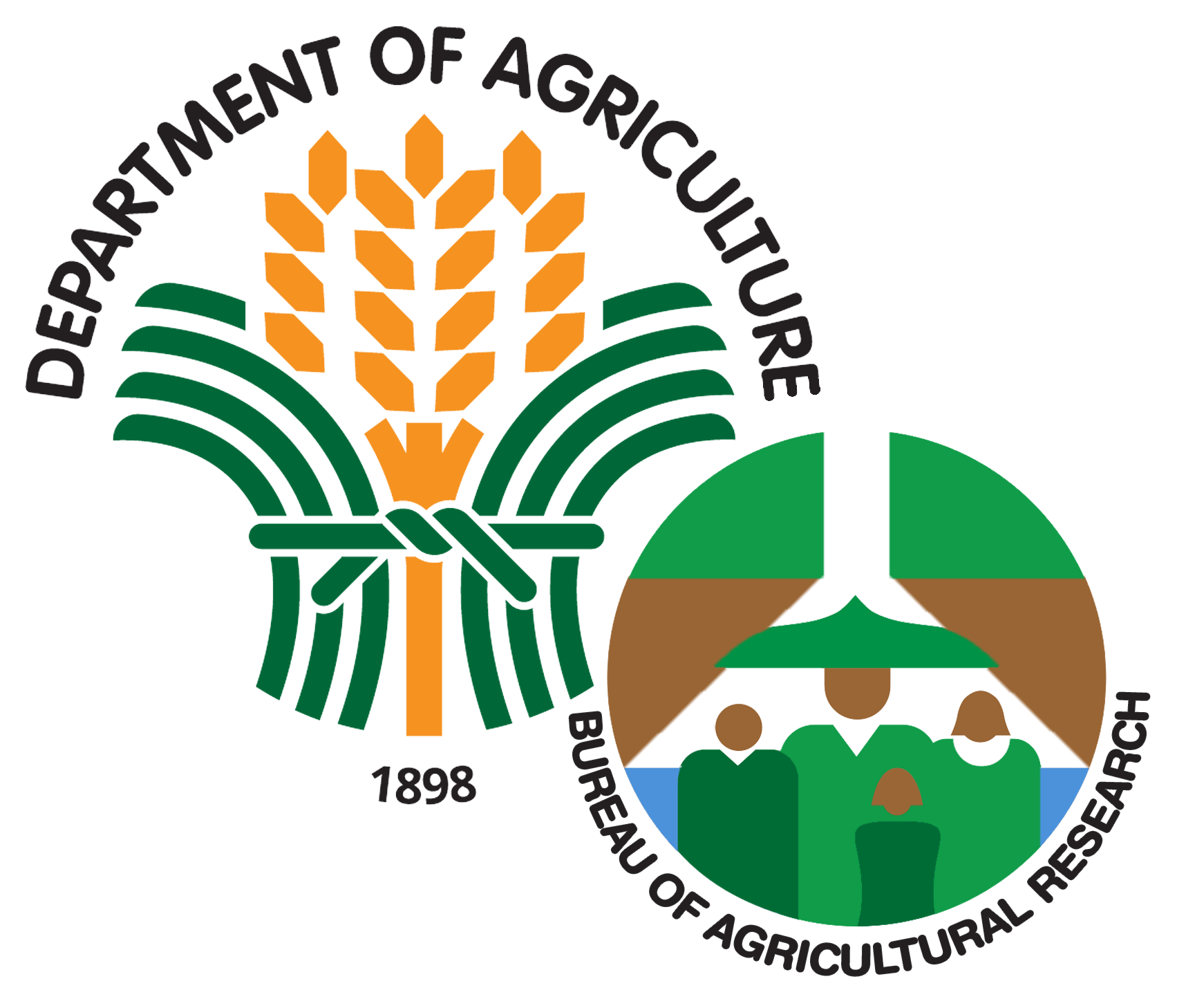Scallops or kabibi in Filipino are considered premium seafood commodities. In the Philippines, scallops are harvested for both export and domestic markets. Scallop fisheries exhibit boom-and-bust cycles, and populations are vulnerable to overharvesting and stock depletion. However, limited information on local scallop fisheries impedes the development of resource management strategies for the high-value multi-species, artisanal fisheries resource.
To address the limited information on local scallop fisheries, particularly in the Visayan region, the University of the Philippines Diliman–Marine Science Institute (UPD-MSI), through the support of the DA-Biotech Program, generated additional reference DNA sequences to enable DNA barcoding of scallops, and developed a relatively rapid DNA-based protocol for scallop species identification.
Using molecular approaches in identifying species represents a valuable contribution to future initiatives for stock assessment of local scallop populations. The method can also be utilized for the traceability of scallops in the market (ie. half-shelled and without shells), which can be adapted for labeling of exported scallop products in compliance with the product standards and regulations of the international seafood trade.
Genetic and genomic information on scallop populations will also aid in the formulation of management schemes, implementation of policies, and development of guidelines for prospective aquaculture initiatives as an adaptive response to increased harvesting pressure.
From a total of 400 scallop specimens collected from the Visayan Sea and other representative sites in the Philippines, additional reference barcode DNA sequences were generated and contributed to the growing scallop DNA sequence database available in the public domain via DNA sequence repositories.
In order to ensure sustainability, UPD-MSI conducted a training-workshop on scallop species identification using morphological and molecular approaches. The workshop introduced participants to taxonomic identification of scallops, as well as basic principles in DNA barcoding, which will enable them to further explore the adoption of DNA barcoding and DNA-based protocols for species identification for fisheries assessment and resource management.


